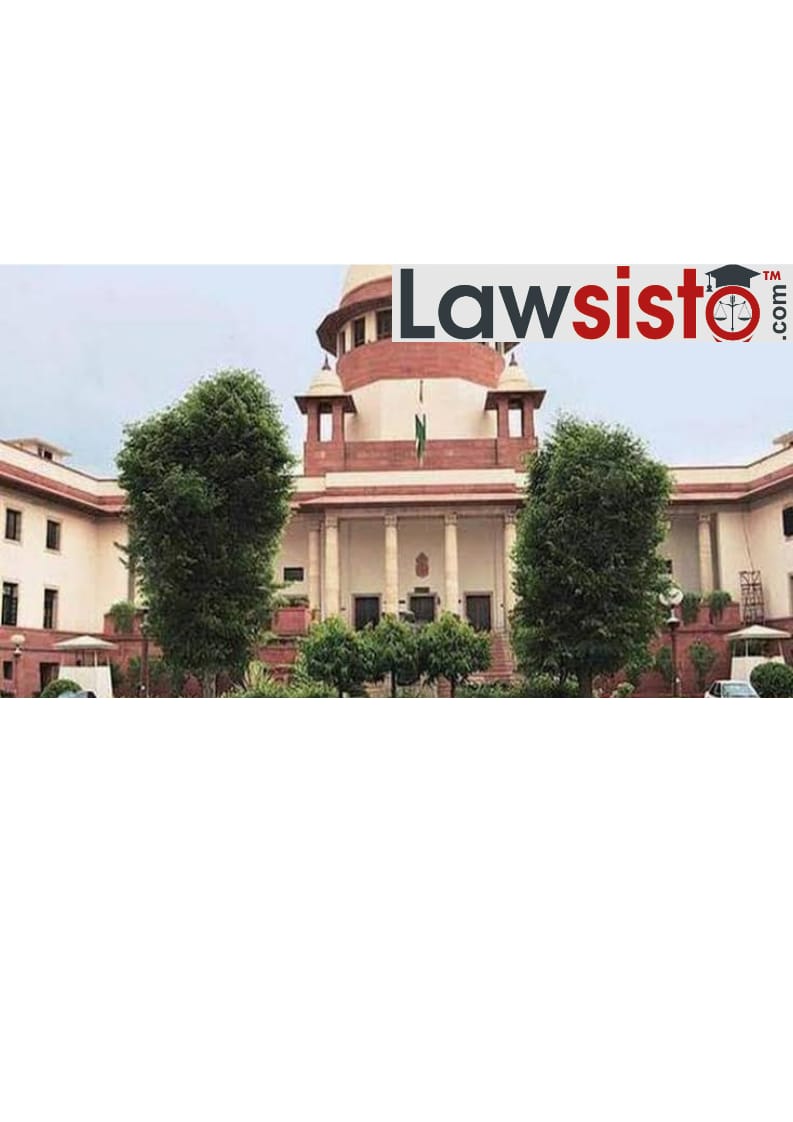Latest News
No place for Mindless Appeals

In observations that could have an important bearing in business cases, the Supreme Court on Friday ruled that parties engaged in commercial litigation, must avoid filing mindless appeals and should weigh the commercial interests including consequences if they lose, before filing appeals (UFLEX Ltd v. Govt of Tamil Nadu).
The Court further opined that tender jurisdiction was created for scrutiny of commercial matters and, thus, where parties continuously seek to challenge the award of tenders, the succeeding party must get costs and the party which loses must pay costs.
The judgment said that parties must weigh the commercial interests, which would include the consequences of the matter not receiving favorable consideration by the courts. Mindless appeals should not be the rule.
The Bench of Justices Sanjay Kishan Kaul and Hrishikesh Roy was dealing with an appeal by a company, UFLEX, aggrieved by a Madras High Court Division Bench decision allowing two other companies which were unsuccessful at a government bidding, to draw a "share of the pie".
The top court while allowing the appeal and setting aside the High Court judgment, directed the respondent companies to pay a sum of Rs 23 lakh to the appellant and Rs 7.5 lakh to the state government for the litigation expenses it had to incur.
The court said that it suffices to say that all the parties before us are financially strong and took a commercial decision to carry this legal battle right up to this Court. They must, thus, face the consequences and costs of success or failure in the present proceedings.
The two-judge bench further stated the tender jurisdiction was created for scrutiny of commercial matters and, thus, where continuously parties seek to challenge the award of tenders, we are of the view that the succeeding party must get costs and the party which loses must pay costs.
The Supreme Court stated that costs following cause is a principle which is followed and accepted in most countries but there is often hesitancy in our judicial system to impose costs, presuming as if it is a reflection on the counsel.
The court opined that this is not the correct approach. In a tussle for enforcement of rights against a State, different principles apply but in commercial matters costs must follow the cause.
In a nutshell, the case stemmed from the Tami Nadu government's attempt to curb the sale of spurious liquor for which it decided to have stickers pasted on every liquor bottle. For this, they had specific criteria of holographic features, etc.
After it invited tenders, many companies submitted their bid. Two companies Alpha and Kumbhat challenged the process without participating in the bidding before Madras High Court stating that tender was designed in a way that only some companies could apply.
Even though single-judge did not entertain the case, the Division Bench of the High Court gave Tamil Nadu government four months time to float a fresh tender while permitting the existing successful tenderers to continue to provide the supplies under the same terms and conditions.
UFLEX Ltd, the successful bidder challenged this in Supreme Court.
The apex court while setting aside the High Court order stated that merely because a company is more efficient, obtains better technology, makes more competitive bids, and, thus, succeeds more cannot be a factor to deprive that company of commercial success on that pretext.
The Court said allowing the appeal while imposing costs does appear to us that this is what is happening; that the two original petitioners are endeavoring to continuously create impediments in the way of the succeeding party merely because they themselves had not so succeeded.
Document:



































































































